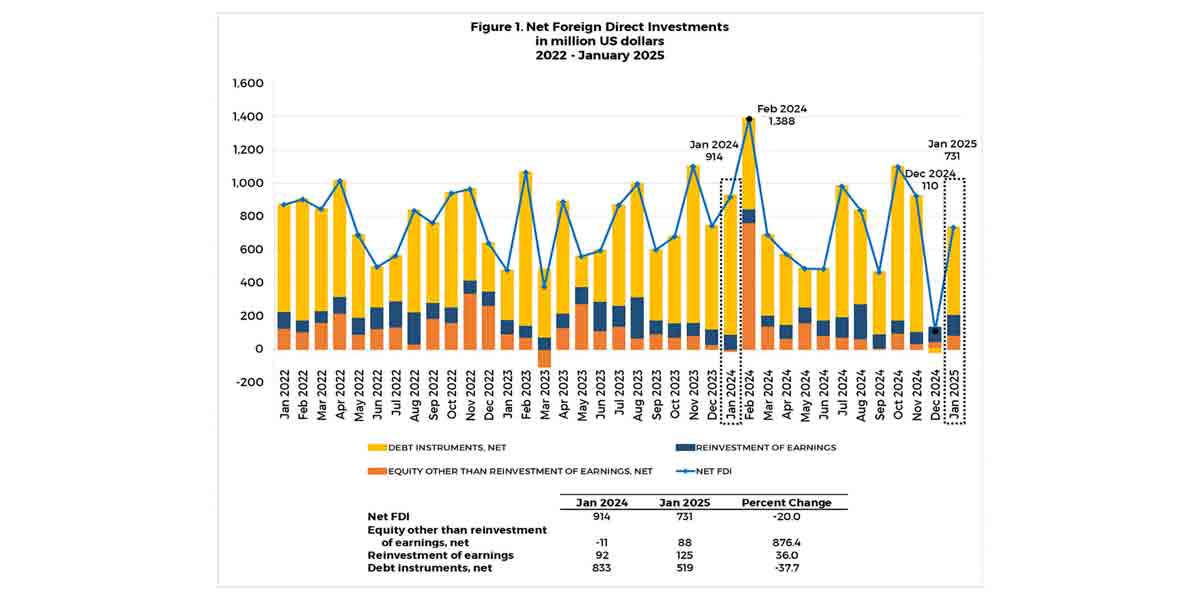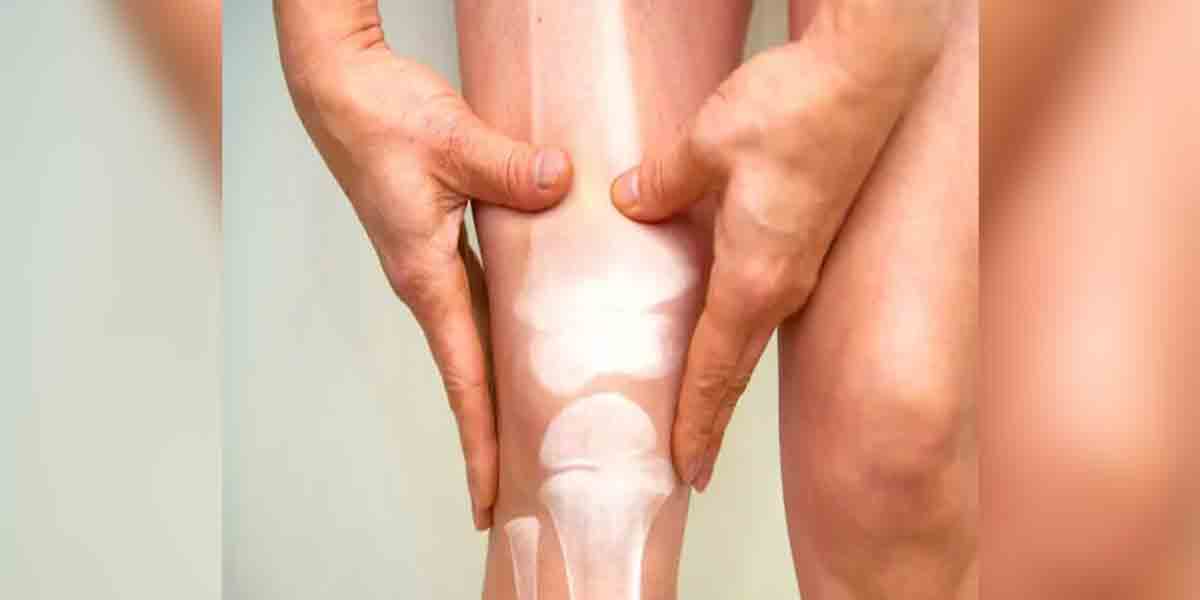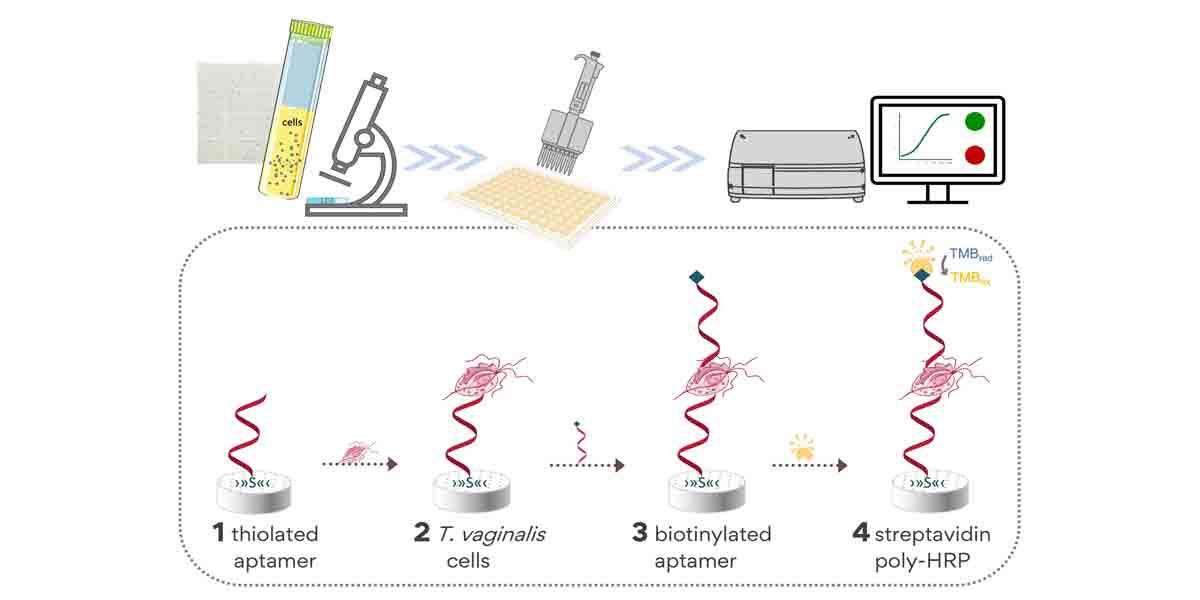By Engr. Carlos V. Cornejo
This is from the article of Lynn Alison in Newsmax in April 2021 with some added personal comments. Kindness not only makes us feel good but makes our health good too. A research at the University of Sussex, England, found that areas of the brain literally lit up with bonus oxygen when subjects helped out someone. That’s the emotional high we get when we render kindness to someone, and here’s the five ways being kind can enhance our well-being as well:
- Being kind releases feel-good hormones. It boosts your serotonin levels which increase feelings of satisfaction and well-being, according to Quiet Revolution. It also releases oxytocin, the “love hormone,” according to Cedars Sinai. It is the hormone that helps us form social bonds and is released when we are physically intimate. Oxytocin also helps lower blood pressure and can support cardiovascular health. Being kind makes you happy and others happy. We should heed St. Mother Teresa’s advice, “Be kind and merciful. Let no one come to you without coming away better and happier.”
- It increases lifespan. According to author and researcher Christine Carter, Ph.D.: “People who volunteer tend to experience fewer aches and pain. Giving help to others protects overall health twice as much as aspirin protects against heart disease. People who are 55 and older who volunteer for two or more organizations have an impressive 44% lower likelihood of dying earlier. This is a stronger effect than exercising four times a week.”
- Kindness creates more energy. Carter, a sociologist, and senior fellow at UC Berkeley’s Greater Good Science Center, says that half the participants in one study reported they felt stronger and more energetic after helping others. “Many also reported feeling calmer and less depressed,” she said. This reminds me of the remark made by the late U.S. Bishop Fulton Sheen, whose process of sainthood is underway, when he said, “Love gives me energy (referring to his love for God and people).” Bishop Sheen would still be able to give a number of homilies in a day when he has already done many other duties as a bishop.
- Being kind lowers anxiety. A University of British Columbia study on happiness found that a group of highly anxious people who performed at least six acts of kindness each week for a month showed significant improvement in positive moods, relationship satisfaction, and social avoidance over the four weeks of the study. Two big benefits here: cure to anxiety and overcoming shyness in dealing with others. Amazing things happen when we focus on the needs of others instead of just concentrating on ours. Love indeed is the answer to our many problems.
- Kindness prevents illness. Inflammation in the body is responsible for all sorts of illnesses. According to Quiet Revolution, a study of adults aged 57 to 85 found that “volunteering manifested the strongest association with lower levels of inflammation.”
The virtue of kindness is defined as an action that makes life easier or more comfortable for others. In this article by Ms. Alison, her definition of kindness can be equated to compassion for others. Kindness and compassion are all about caring for others. But we should not confuse kindness with love. Love is a higher virtue and kindness is just one manifestation of it. Kindness is love, but not all acts of love is kindness. Love by definition is to seek what is best for others. But sometimes what is best for others might hurt them such as correcting them or disciplining them for their wrongdoing. That’s the time we apply love instead of kindness. Or more specifically the so-called “tough love”. A parent who does not reprimand his or her child for playing computer games the whole day and as a result neglects his school work, with the excuse that the parent does not want to inconvenience the child (supposedly an act of kindness), is not truly loving the child because the parent is not doing what is best for him. In 1 Corinthians 13 we read, “Love is patient, is kind…” but it also rejoices in the good (by correcting others). Sometimes we have to correct loved ones, to help them avoid a greater suffering in the future. And often times this is how God treats us, because He wants us to have the greatest good: to be holy, to become saints.




















